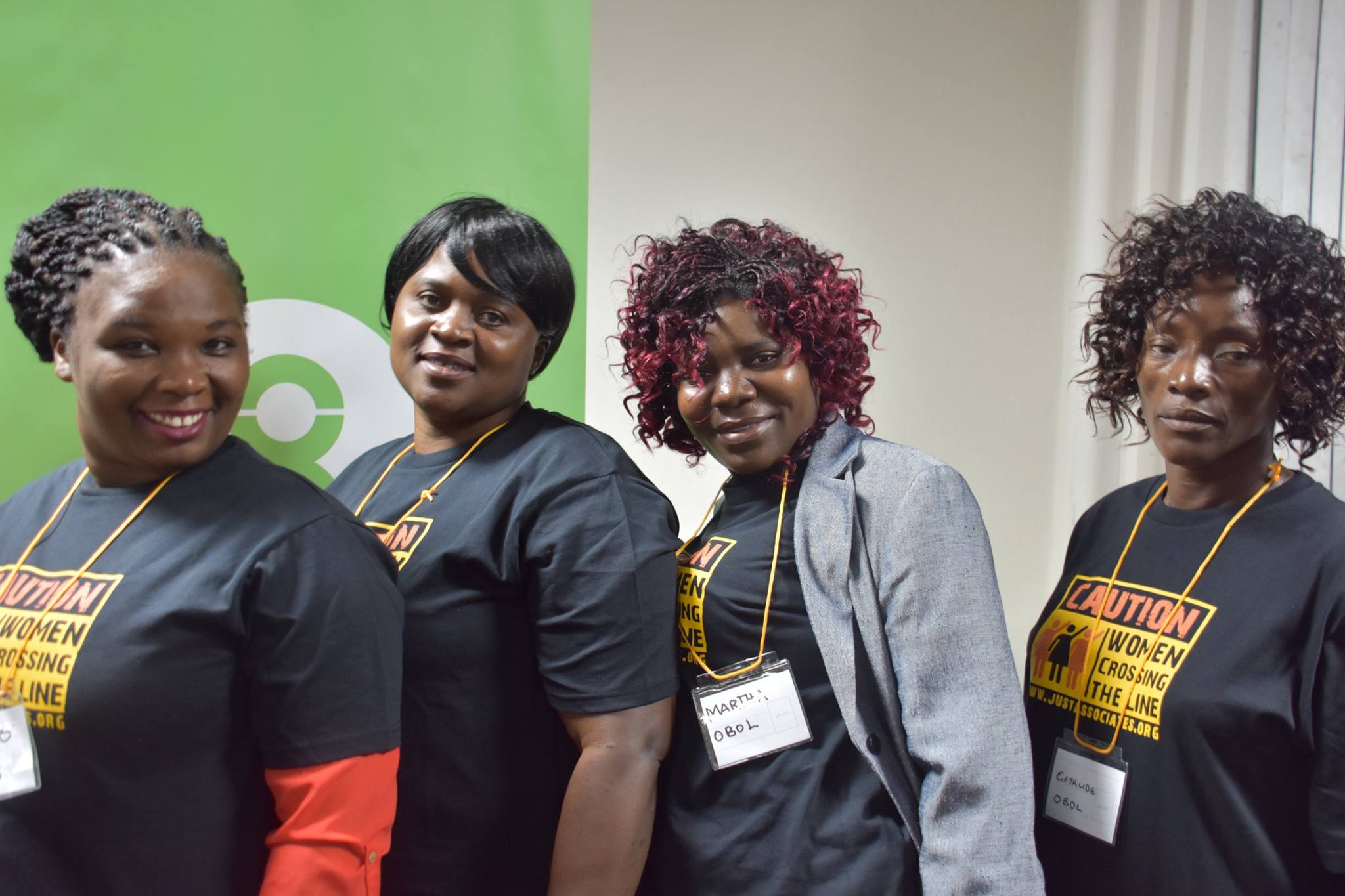JASS Southern Africa & Oxfam South Africa Media Statement
July 22, 2016
“I am a person first, before a virus defines me like a stain to humanity” a line from a poem written by a 19-year-old HIV Positive woman and read at a convening of a Southern African consultation on Amplifying HIV Positive women’s voices. As delegates to the International AIDS Conference 2016 gathered this week around the theme of “Access Equity Rights – Now”, Oxfam and Just Associates (JASS) Southern Africa organized as women, and with women in the Southern African Region who have effectively been excluded from the space that was in essence about their bodies and their lives.
It is ironic that the conference theme has “access” and “equity” as its nucleus. Access and Equity become impossible for the people, the black women in particular who bear the face, brunt and burden of AIDS in the place where it is being hosted, when attending the conference comes with a hefty dollar tag, essentially pricing women out of the narrative of Ending AIDS. “We are here in this space sharing about HIV but there’s an AIDS conference going on around here. We are not invited. We don’t have the access to go there [because] its expensive. They will be speaking about us, but they left us here.” reflected Ntombifuthi Mhlongo, Eshowe Kwa-Zulu-Natal.
The question is, for the more than 18 000 delegates comprising the world’s top scientists, policy makers, researchers and celebrities from 180 countries who converged on South Africa’s coastal city, Durban, can we say the key focus and starting point of the AIDS conference has been about the structural improvement, the elimination of poverty and inequality and the other drivers of disempowerment and death? Can we say the discussions at the conference changed the skewed gender power relations and structures that render women vulnerable to infections and disproportionate burden of care? We don’t think so!
We believe that the failure to confront patriarchal power structures as a central starting point for the response is the unfinished business of the global AIDS movement and by its very nature this International AIDS Conference. Patriarchy and capitalism are identical twins of oppression of women, and are reasons we are still searching for answers to the Aids disease. Patriarchy and capitalist system should both be challenged equally because they fundamentally turn public goods like the life-saving Aids medicines, into expensive commodities. We are in a context where there is a closing of space for women including gender nonconforming women, given the shifts in priorities of Governments, Health Agencies and Research institutions, the donor landscape and rising fundamentalism in the Southern Africa region.
To think through and share what this change means for HIV Positive women Oxfam and JASS convened a space dedicated to HIV Positive Women where the personal was centered as political themed “Amplifying HIV Positive Women’s voices in Southern Africa”. As one of the participants at this consultation Martha Tholanah, said “I went public about my status but there are fears about how it has affected my daughter being a public person. I have done lots of work in the LGBTI communities in Zimbabwe, got arrested, got my picture on the front page of the national paper. Still women are burdened.” Among the issues raised in the space, and which Oxfam and JASS Southern Africa will continue to highlight beyond the AIDS conference are:
- The problems of the paucity of research of the impact of HIV and AIDS on Lesbian, Bisexual and Transgendered women, and the hetero-normative lenses used to look into prevention, testing treatment and care.
- The continued medicalization of AIDS that is depoliticized and refuses to reflect women’s lived realities.
- The burden of women’s unpaid, unrecognized labor and care work.
- Women’s sexuality and their reproductive health choices and needs.
- Structural violence and the backlash meted out against women who challenge the system and its patriarchy.
As Oxfam and JASS we believe that the conference missed a good opportunity to engage the majority of those who are in the coal face, especially the poor in the Sub-Saharan African. The region alone has the highest number of people living with HIV. About 24.7 million people were living with the virus in 2013, accounting for 71% of the global total. With the conference held in this region, it was an opportune moment to use the experiences in the region as a springboard for setting the tone for the global response to the disease. It was an opportune moment, one that may never come again, to bring the voices of those in the majority in terms of infections, allow their stories to set the agenda and influence global priorities of governments and pharmaceutical companies.
As the conference comes to close, we are questioning: what difference would it make, and whose priorities will prevail? We remain as Oxfam and JASS, committed to placing Black women living in poverty in this region as the experts of their own lives and respecting our organizing power for justice. As the last speech is read by a delegate who along with others spent the whole week deliberating about targets, instead of deliberating a disease that is about power, poverty and wealth, JASS and Oxfam will continue to write our herstories beyond this week, and to ensure the visibility of those most vulnerable. Mwenya Chiti from Zambia said it best “No matter what I go through now I am champion. Whatever happens I am still a champion cause champions bring change in their societies.”
Issued jointly by Oxfam and Just Associates Southern Africa
For media queries and interview contact:
Rukia Cornelius – Oxfam South Africa and Sibongile Singini – Just Associates via our Senior Media and Communications Manager – Isaac Mangena,+27718848273


























